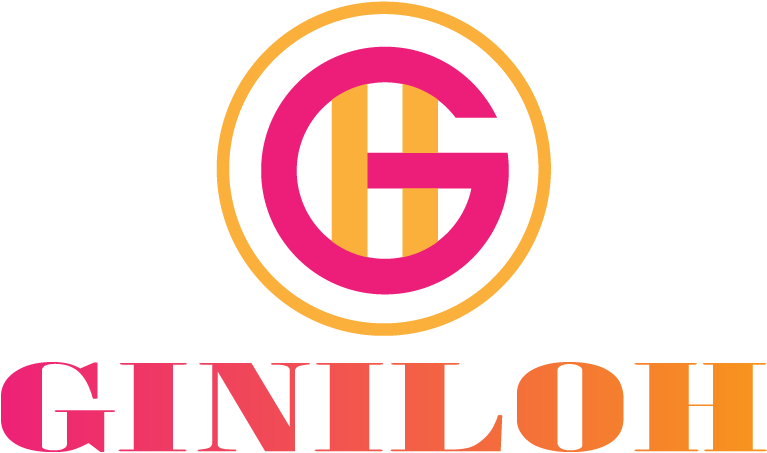Japan’s pharmaceutical sector presents vast opportunities, but also substantial regulatory challenges. The Japanese drug audit process is both complex and unique, making an in-depth understanding of the regulatory landscape an essential prerequisite for success.
Understanding the Regulatory Landscape
Japan’s drug regulations are stringent, aiming to ensure the highest standards of safety, quality, and efficacy in pharmaceuticals. These standards are enforced through rigorous drug audits in Japan, ensuring pharmaceutical companies maintain compliance at every stage of drug development and manufacturing.
At the heart of the Japanese drug audit process is the Pharmaceuticals and Medical Devices Agency (PMDA). This body provides oversight, ensuring regulatory compliance and guiding pharmaceutical companies through the regulatory maze. It’s essential to comprehend the PMDA’s role, responsibilities, and guidelines to successfully navigate the drug audit process in Japan.
The Challenges in Japan’s Drug Audit Process
Japan’s drug audit process is not without its complexities, and these extend across numerous domains. The challenges pharmaceutical companies face in these audits are diverse, and often revolve around the complex nature of regulatory requirements.
Japanese drug regulations are multi-tiered, encompassing various aspects like drug manufacturing, labeling, marketing, and post-market surveillance. These regulations demand strict adherence, and the slightest deviation can lead to hefty penalties or rejection.
Pharmaceutical companies often grapple with these intricate requirements, and the sheer volume of information required for compliance can be overwhelming.
Language and cultural barriers present additional hurdles, especially for non-Japanese firms. Navigating the Japanese drug audit process entails understanding specific legal and regulatory terminologies that can often get lost in translation. Furthermore, Japan’s business culture is fundamentally different, where respect for hierarchy, protocol, and tradition plays a crucial role. This cultural context must be taken into account when interacting with Japanese authorities.
The Importance of Local Expertise
Given the complexities and cultural nuances of the drug audit process in Japan, the importance of local expertise cannot be overstated. Local auditors and regulatory consultants are well-versed in Japanese pharmaceutical regulations and possess an in-depth understanding of the PMDA’s expectations and guidelines.
The value of local experts extends beyond simple knowledge of the regulations. They have a nuanced understanding of the cultural intricacies and unwritten expectations within the Japanese regulatory landscape. This knowledge aids in smoother interactions with Japanese authorities and can prevent potential misunderstandings or miscommunications.
Local auditors and consultants also offer strategic insights. They can help companies anticipate potential compliance issues, suggest corrective actions, and provide guidance in the event of unexpected audit findings. This local expertise ultimately facilitates a more efficient and seamless audit process.
Key Areas to Prioritize When Preparing for a Drug Audit in Japan
Preparation is key for successful drug audits in Japan. Knowing the local regulations is a paramount concern, as these serve as the blueprint for audit expectations. Regularly reviewing these regulations and updating internal protocols accordingly is essential to ensure alignment with current standards.
Establishing a robust audit plan is another critical area. This involves creating an audit schedule, conducting self-assessments, and developing a clear process for addressing audit findings. A comprehensive audit plan not only aids in identifying and rectifying compliance issues before the audit but also showcases the organization’s commitment to regulatory compliance.
Record-keeping is also an important aspect. Documentation serves as a vital piece of evidence in audits, illustrating the company’s compliance efforts. Maintaining comprehensive and accurate records — from manufacturing processes to quality control and adverse event reporting — is crucial.
Ensuring Effective Communication with Japanese Authorities
Transparent communication with Japanese authorities is integral to the audit process. This involves providing accurate information in a timely manner and responding promptly to any inquiries or requests for additional documentation. Understanding Japanese business etiquette and norms is also vital in ensuring effective communication, including the appropriate use of honorifics and respect for hierarchy.
Practical Strategies to Successfully Navigate Japan’s Drug Audit Process
Successfully navigating Japanese drug audits requires strategic planning. Adopting a proactive approach to regulatory compliance, rather than viewing it as a mere obligation, can significantly ease the audit process. Find out more below.
Building a Proactive Approach
The foundation for successfully navigating Japan’s drug audit process lies in building a proactive approach to regulatory compliance. This approach requires more than simply reacting to compliance issues as they arise. Instead, it calls for a commitment to understand the regulatory landscape, anticipate potential issues, and implement corrective actions promptly. Regular training sessions should be conducted to keep employees updated on regulatory changes and expectations. A proactive approach also involves continuous self-assessments to identify and address compliance gaps before an official audit.
Cultivating a Culture of Compliance
To effectively navigate the drug audit process, it’s critical to cultivate a culture of compliance within the organization. This involves integrating compliance into everyday processes and workflows. All members of the organization, from top management to frontline staff, should understand their roles in maintaining compliance and be committed to upholding regulatory standards. This not only helps ensure consistent adherence to regulations but also encourages a sense of shared responsibility for the organization’s regulatory success.
Harnessing Technology for Compliance
In today’s digital age, leveraging technology can significantly streamline the audit process. Automated systems can be used for maintaining records, tracking changes, and managing quality control processes. These systems offer enhanced accuracy, reliability, and efficiency compared to manual processes. They also make it easier to retrieve necessary documents during audits, reducing time spent on audit preparation. However, it’s important to ensure that any technological solutions used comply with local regulations, particularly in relation to data security and privacy.
Understanding and navigating the complex landscape of Japan’s drug audit process is challenging but crucial for pharmaceutical success in this market. By engaging local expertise, prioritizing key areas of audit preparation, and cultivating a culture of quality and compliance, pharmaceutical companies can successfully navigate Japanese drug audits and seize the opportunities in this lucrative market.

